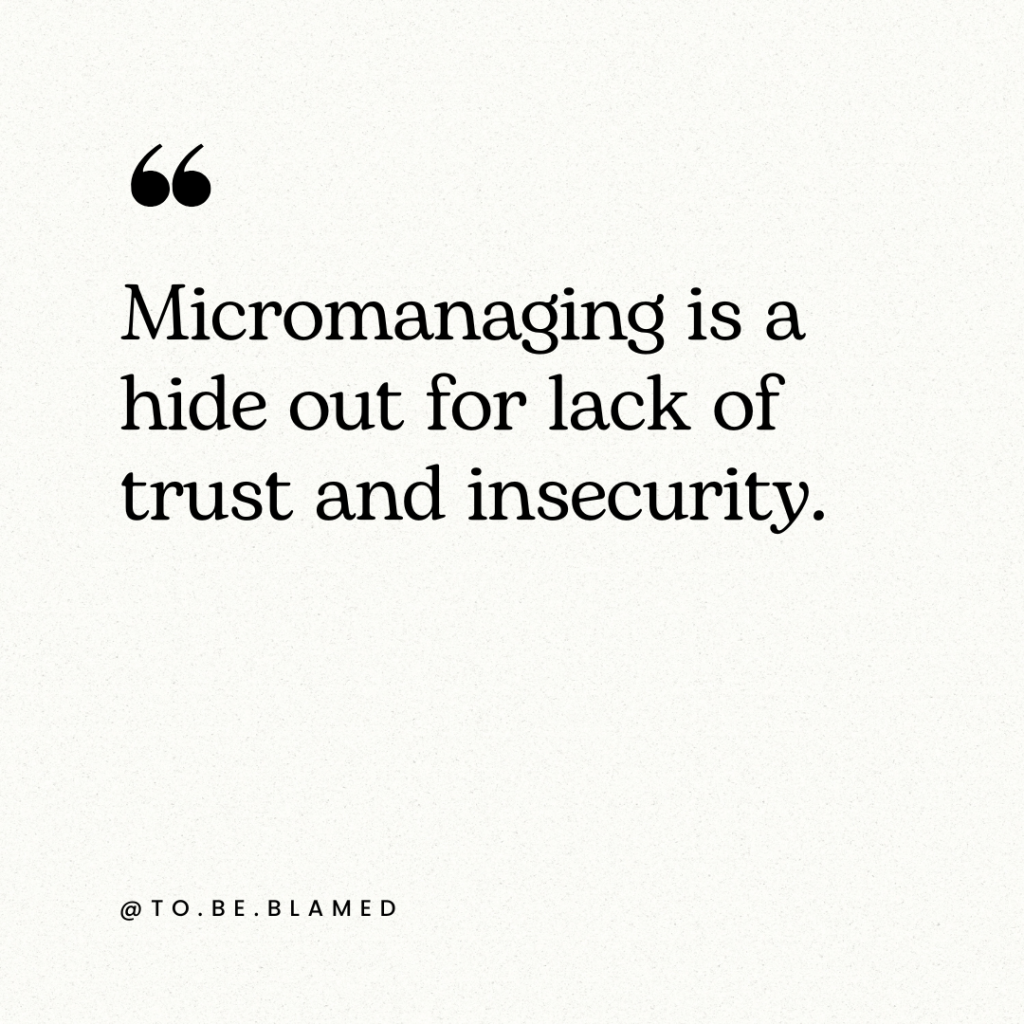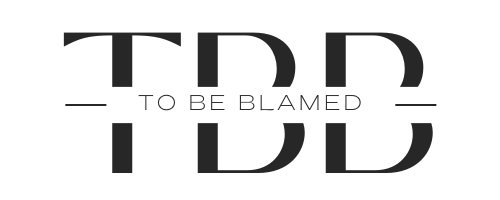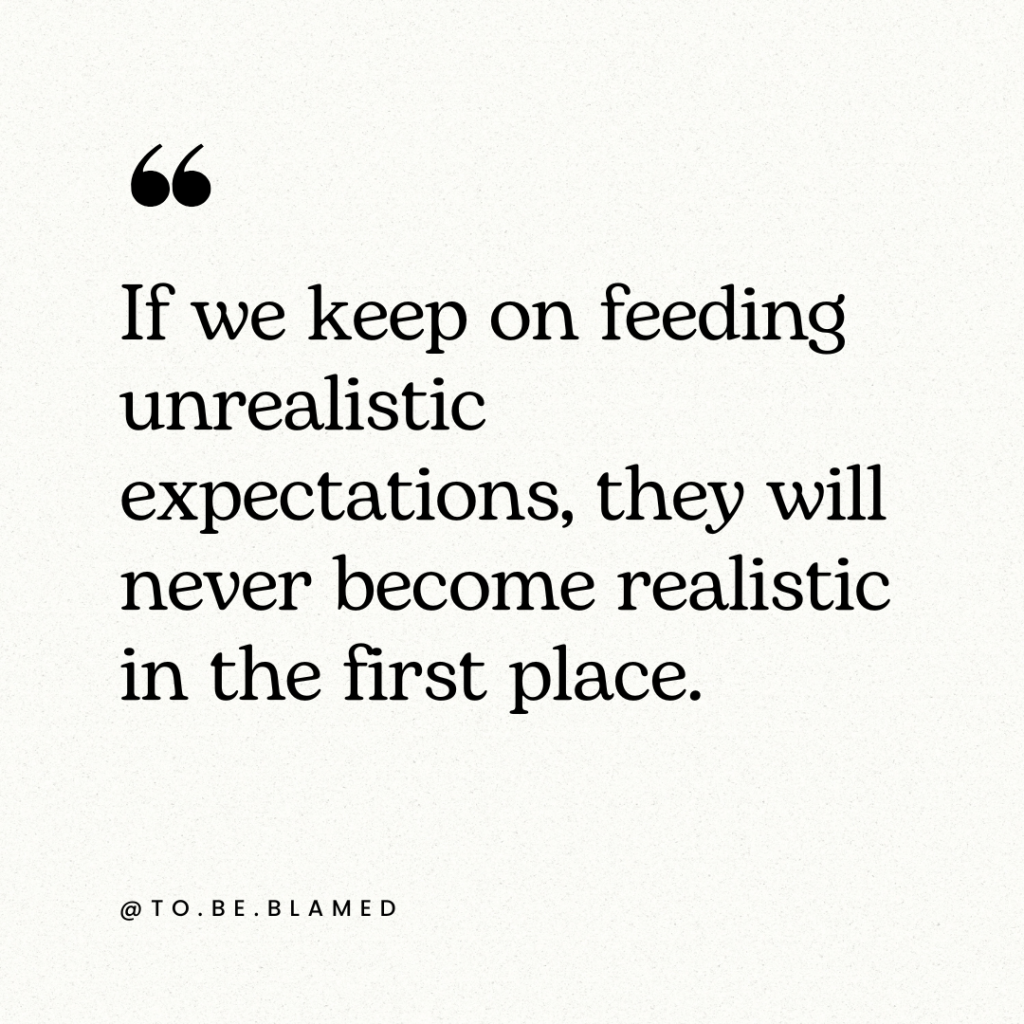I HATE IT!
Seriously, I hate micromanagement with all my heart. I hate micromanaging because I just hate for that to be done to me. Over the years I have been lucky to be trusted and not being micromanaged. If there’s a toxic trait that leads to burnout it has to be micromanagement. It’s even worse than a 5 year old asking when the snacks are coming every 1 second.
What is micromanagement?
Most of us will be familiar with it already and have faced it at some stage or another.
Merriam-Webster’s online dictionary defines micromanagement as “manage[ment] especially with excessive control or attention to details”.
In essence, you are being controlled all the time and have no space to even utilise your skills. Over time being micromanaged will lead to burnout. Even kids hate being micromanaged, why do you think they throw tantrums? When you feel you have no control over what you do, your brain just goes crazy and wants to throw everything on the floor and call it quits. Whereas as a kid you can do it, as a professional you end up bottling it up until you either quit or burnout.
Where does micromanagement come from?
It comes from lack of trust. You don’t trust your team so you are on them all the time. Mostly this comes to the fact that you don’t trust yourself, so you pass that mistrust onto others. In order to confirm you still have power, you need to FEEL in control and be on top of others all the time. It feels good for a micromanager to show that he/she has power.
Lets dig deeper:

- Impostor syndrome – If you don’t believe you deserve where you are, you will be more obsessed with control, hence you will try to control every step your team does leading to micromanagement.
- Seeking power – By controlling your team you are telling them you are the one in control, in power, and that feels good. If there are other situations in your life you don’t have control (e.g. your family situation for instance) it will feel like at least you can control something: your team.
- You don’t trust yourself – If deep inside you don’t trust yourself, how can you expect to trust others?
- Perfeccionists – These struggle to delegate, so you end up being on top of every task you delegated to your team.
- Fear of losing control – You want to be seen by those above you that you are in control, so you feel the need to control every move of your team and be in copy of every single email. Again here also comes from a trust perspective.
- You are being micromanaged yourself – Micromanagement promotes more micromanagement. If your own boss is being micromanagements, the odds are that “style” will be cascaded down.
Impact on the team
Micromanagement leads to a toxic environment where no one trusts one another. By just following orders the team will shut down their own thinking – there’s no incentive to be creative, to bring ideas to the table because they know they won’t be heard. Micromanagement promotes a culture of “shut-down”, you don’t want to be in the fire line and do just the bare minimum without ever suggesting anything different. You just do what you are told.
Eventually the environment will be so toxic that people will either burn out or leave.
Some people actually need “some” micromanagement
Something I can’t comprehend, but some people have been so ingrained in being told what to do, they can’t cope with the freedom of articulating how to deliver a given piece of work and they expect all the tasks to be spoon fed. I have had people in the team that operate like that. It’s just very time consuming and not the way I like to operate.
What can you do instead?
If you are resorting to micromanagement to manage your team I would step back and try to assess where that is coming from. If you don’t trust them, then you shouldn’t work with them. If you don’t trust yourself then try to understand why and where is that coming from.
I know a lot of managers struggle with this, just because you have amazing productivity working by yourself, doesn’t mean you will have all the required skills to be a leader. Some people are just amazing SME’s or decision makers but not necessarily good at managing people – well I would go as far as they shouldn’t even be in a position where they have to manage people.
Let me tell you a secret: if your team shines, you shine stronger. Empower your team and they will raise you up too! (this is what micromanagers believe they are doing but end up getting the exact opposite).
In order to be a true leader you need to:
- Trust your team – If they are there it’s because they are meant to be experts in their areas. Listen to them, you might develop yourself. You don’t need to know every single step they are doing, this is why they are there. You just need to ensure they have the right guidance from you in terms of what the goals are and you help them remove any roadblocks they might face along the way.
- Empower them – Once you shared the goals with them, listen to what they have to say and their ideas to meet those goals or even augment them. If you give them the right tools you will be surprised on how far they go. Let them shine as you will shine brighter yourself too.
- Have their backs – And they will have yours. People will tend to go above and beyond when they feel they are protected and their manager is there for them. Don’t believe me? Give it and go and see for yourself.
- Guide them – Help them reach the answers they seek, propose other people they could go and speak to and in essence let them grow. How amazing is it to work for a team that looks up for you and wants to deliver the very best for you?
If there’s someone that despite all the above doesn’t work, then have the right discussions and either that person would be better off working on another team or just leaving altogether.
At the end of the day, whereas work is just work, having the right manager will be the one thing that makes or breaks. If you empower others, they will be the very best and trust you to share bad news because they know together you will find solutions and move on. Everyone will want to work with you and they will help you go where you want to go and that is where great work gets done.





